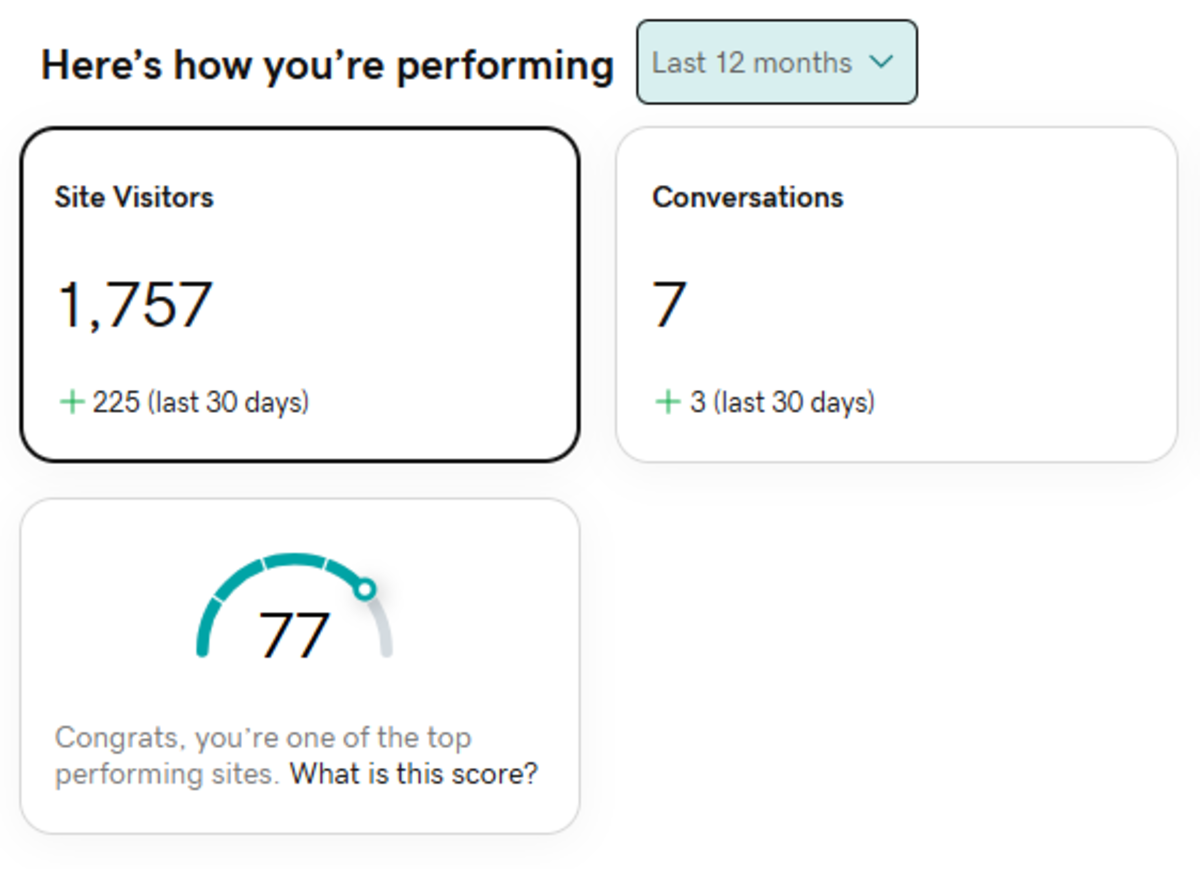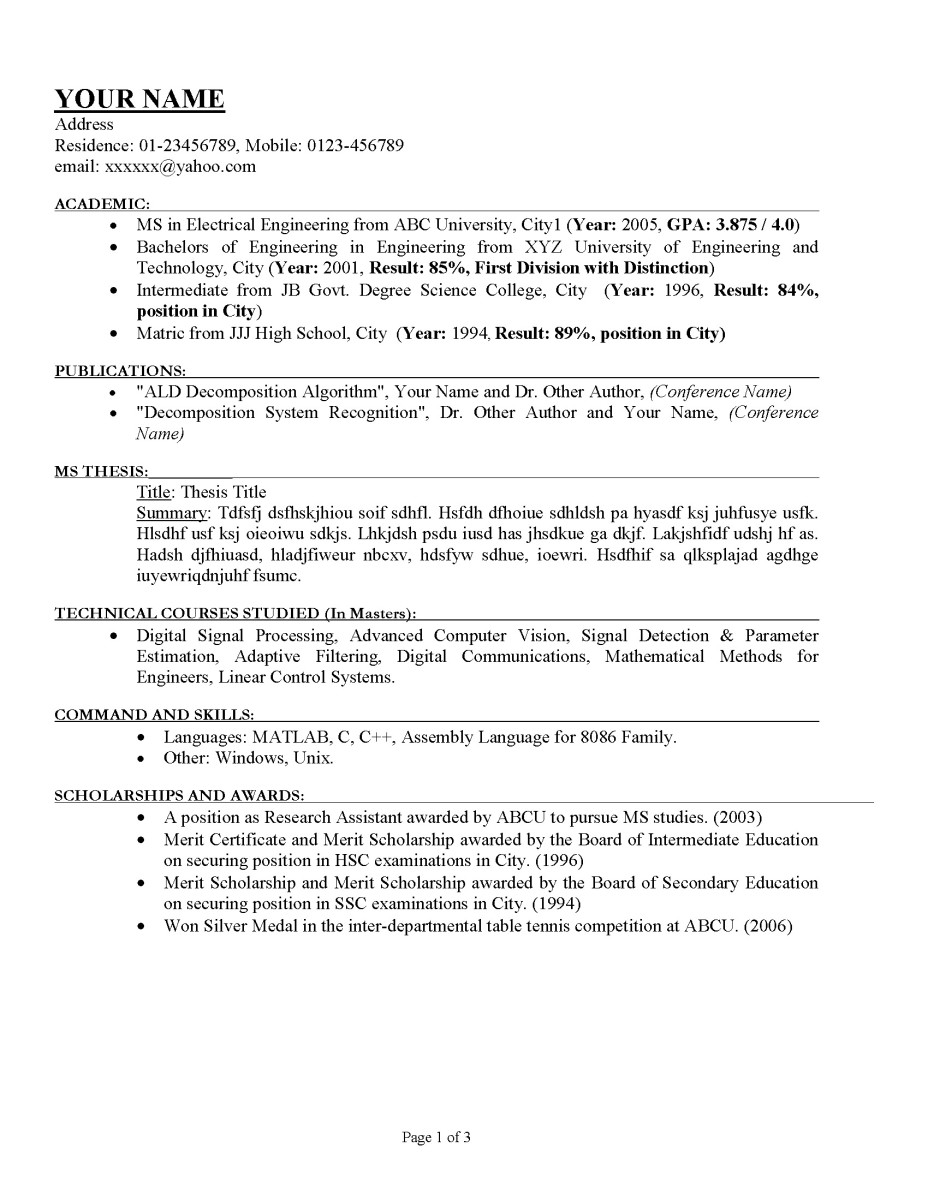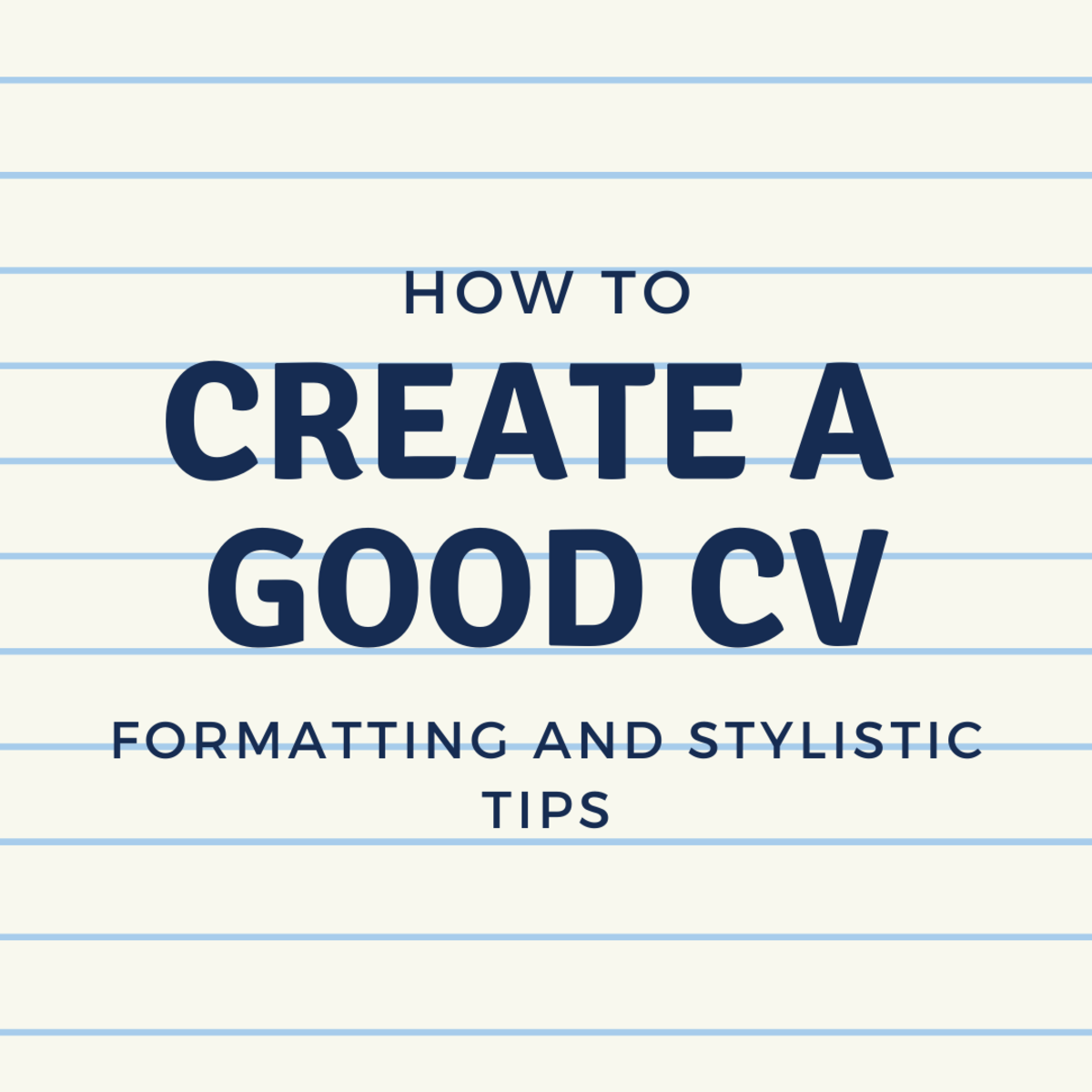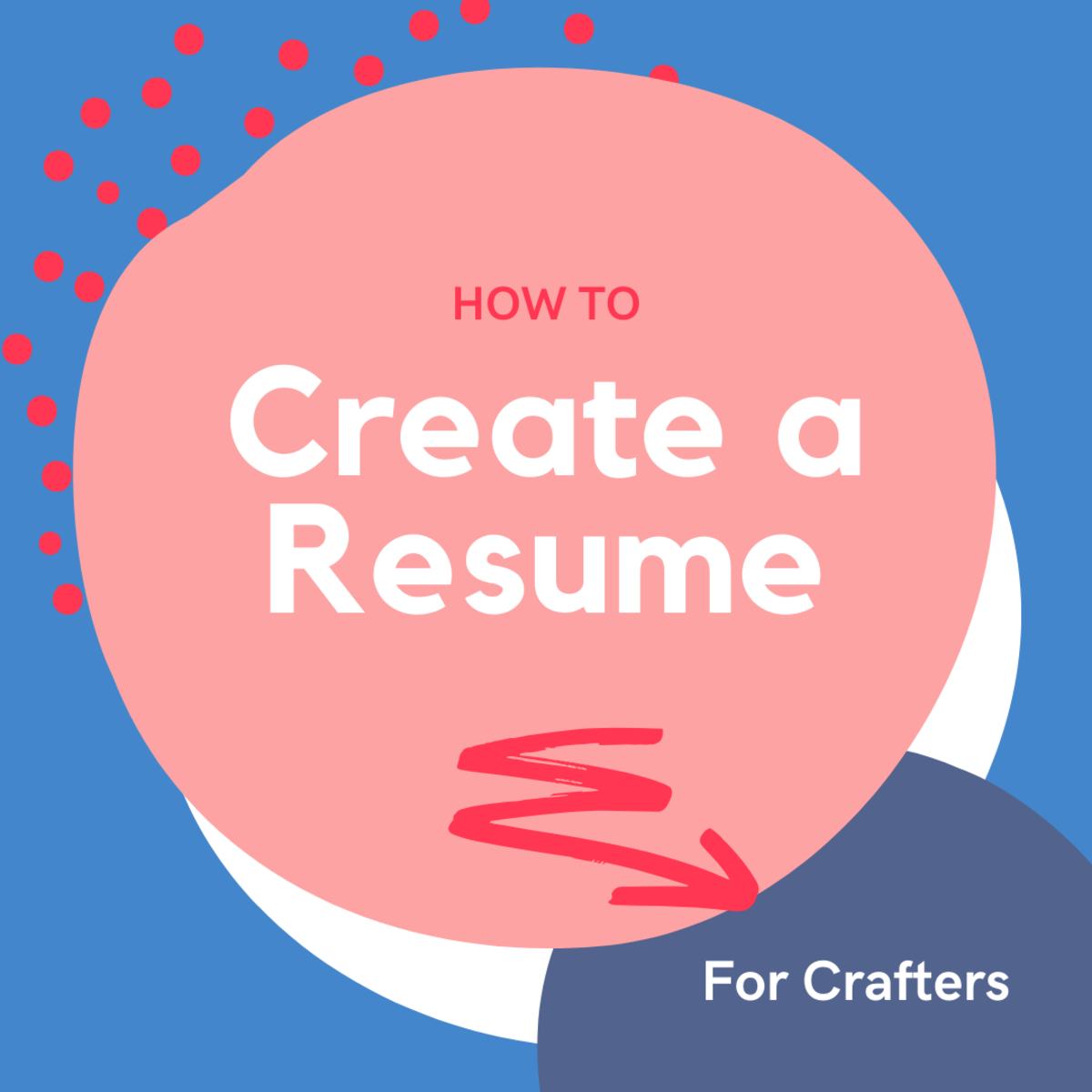How to prepare and write your CV(Resume)

The widely predicted death of the CV ("resume" to Americans) is likely, as in Opera, to take a while. Simply, the CV is often the most efficient way for candidates and recruiters to handle the process of looking for and finding work. Networking, whether by real life meetings or the various professional networks that have arisen is a long term strategy with a less certain payoff.
The CV therefore remains a vital, perhaps the most important tool in the work search process. But like any tool it needs to be kept in good working order and regularly maintained. It has the subtle benefit that reviewing your CV can provide insight into changing career goals, trends and changes in yourself.
I have been a software contractor for many years. This means I have had to keep my CV up to date. Before that, among other things I worked as a CV writer for a while but found my clients usually disappeared after a couple of weeks, the one who lasted longest was a 63 year old former UN diplomat. The suggestions here may not suit everyone, and your circumstances may differ but I think my suggestions are worth considering.
Know yourself
If you do not know what you want you will never get it. Before writing a CV Find out
-
What you want to do
-
Where you want to do it
Buy two copies of a paper with relevant job ads (One copy for the even pages and one for the odd pages) and cut out the jobs you want to do. The extension to the cyber world is obvious and uses less paper. Now split these into two heaps
-
Those you can do
-
Those you cannot (yet) do
You may also want a final pile of Jobs you can do but do not want to do: these may include skills most in demand and you may want to focus on work that will let you move from these skills to something more congenial. An accountant fed up with accountancy might want to become a financial advisor for instance.
Don't panic if piles (1) and (2) are small: you may have valuable niche skills.
Now make a list of skills from pile (1) and remove the skills you lack. This will be the basis of what you put in your CV.
While you are at it consider where you want to work. From home? Which city? Which country?
What is a CV for?
For you the prime purpose of a CV is to get you an interview. To do this it needs to convince the recruiter you can do the job.
Once you have an interview, it is the basis for a conversation between you and the interviewer. The term CV is short for "Currlculum Vitae" Latin for "Life Story" but refers only to your career.
Think of the CV as a sales brochure. It should show you in the best possible light but not look suspiciously good or as the sort of genius people invite to interview with no intention of hiring, merely to see if they are as good as your CV.
A CV may also serve as your marker in a pool of candidates who may be rejected for one job but contacted later when a similar job arises: this may save the company the cost of re-advertising the job.
Think like a recruiter
No matter how you get in front of them a recruiter is, consciously or not, asking a number of questions the most significant of which seem to be:
-
Can this person do this job?
-
Will they do the job?
-
Will they fit in well?
Your qualifications and experience, properly presented, should cover points (1) and (2) and anything you can put in that will cover (3) is a bonus, but that is most often covered in an interview.
Now picture the recruiter sitting at a desk a pile of Cvs in front of them, either on screen or paper, and at most a minute to assess each CV. At the very least you should be able to convince them on point (1) well enough that they put your CV into the “second look” pile. This means they need to be able to skim the first page of the CV and see if you have the skills they need. At worst they need to be convinced you have the potential to learn the skills you do not have rapidly.
A corollary of this is that obvious spelling mistakes and, if not bad grammar, clumsy sentence construction that forces the reader to read a sentence twice before they understand its meaning are risks: on the other hand making the sentence structure simple but a little hard to understand may convince the reader you are more expert in your field than you believe. The style should be light but formal and bear in mind that the reader's native language may not be the language in which you are writing. Humour may be missed or put the reader off.
Computers read CVs too
Nowadays the human is not always the first reader of the CV, especially in the case for agencies who may have enormous CV databases, sometimes managed by specialist CV management firms.
An incoming CV is scanned for keywords. The keywords are then stored in a database to allow initial selection of Cvs for human appraisal.
You therefore need to include the relevant keywords in your CV as naturally as possibl, otherwise your CV may never reach a human reader.
One way to test how well you use keywords in your CV is to google on the ones you think are most important. Some job sites list the top ten skills needed in your field and you should test these with google. A quicker way is to visit one of the big job sites and type in various keywords and then their synonyms. After a while you will get a feel for the top keywords and they are likely to match the ones the CV scanning software seeks.
If you do not get through the screening process don't worry. One company had 25,000 applications for an average job and the screening software said none of them were qualified.
A Brief recap
At this point you know your skills and wants, you know you have to think like a recruiter, convince them you can do the job and will do the job. Hopefully they will also get the feeling you will fit into their team. You know to keep the tone light but formal and that humour can be dangerous. You also know about automated keyword scanning of your CV and that your skills need to be described using these keywords. It sounds like much more work than it is to find these keywords but they are vital.
Writing the CV
Now you need to put your professional life into your CV. There are hundreds of articles about this, many contradicting each other. Bear in mind also that recommendations from a recruiter reflect that recruiter's preferences and may not be universal.
The following format has worked for me. Your mileage may differ.
-
Contact details
Name, phone number, website, email address,
In some countries it is illegal to give any data might reveal your Gender, ethnicity etc. the website, if you use it, will be one set up to market you in more detail. You may want to set up an account for job hunting separate from that which you use for family and friends.
-
Profile
About 100 words that describes you and shows something of your character, e.g
“A strong communicator who thrives under pressure with expert knowledge of.... and a talent for dealing with difficult customers and closing impossible deals”
-
Skills
Here you can mention any qualifications, specialist knowledge (e.g PRINCE certified project manager) and of course the skills from your market research in know yourself.
-
Languages
Language skills are speaking, understanding, reading, writing. Linguists may also be able to put down translation and interpretation. Try to estimate your abilities in each of these.
-
Career History ( Most recent posts first)
The longer ago you did something the less valuable it becomes. So give the latest first. Accentuate the positive, eliminate the negative, and include the relevant keywords. Do not emphasise things that relate to jobs you do not want to do. Remember facts tell but stories sell so each role should be presented as a mini story. You might want to reduce the font size once you are more than 5 years back.
-
Education
Again start with the highest qualification you have and work backwards.
-
Publications ( if any)
Be careful not to include publications might put the reader off. Keep on safe ground.
Hobbies and interests are optional. They show a life outside work, but some employers do not want you to have a life outside work. I remember, when I was still considering “permanent” jobs I had an an interview where I was told I would have to give up writing if I went to work for that company, so I was glad not to get the job. On the other hand I was told of a coil winder (an almost extinct trade) who bred budgerigars for a hobby and was a world class expert on budgerigars. The CV writer suggested turning the CV round so that it presented him as an expert on these birds and mentioned the coil winding as an after thought. A week later the man had a job in a zoo looking after budgerigars. Happiness all round.
Do not include Career Goals or objectives. This gives the reader the idea you are more interested in what they can give you rather than the other way round
Checking the CV
Your world processor has a spelling and grammar checker. Use it. Often. But it is not a magic bullet: did you notice the deliberate mistake in the first sentence of this section?
Read it aloud and see how it flows. If you stumble at some points you may need to rewrite the relevant portion.
Look at the visual effect. Is it made of tidy well balanced blocks of text with landmarks for the reader.
If you have friends and family you can trust to do the job properly ask them to review the CV and give feedback. Evaluate the feedback.
The wrap
Writing a CV is a lot of work. But it gets easier with practice. You need to know yourself, know your skills, be able to think like a recruiter (“would I hire me if this came in the post when I needed someone like me?”) keep the tone right and describe your skills using keywords likely to be sought by CV scanning software. The format has to be right and each role has to be a mini story. Then you need to check and check the CV. And the CV needs to be revised regularly.
If you can afford it you may want to hand all this to a professional CV writer but still need to know yourself which will reduce costs and make the resulting CV more effective.








